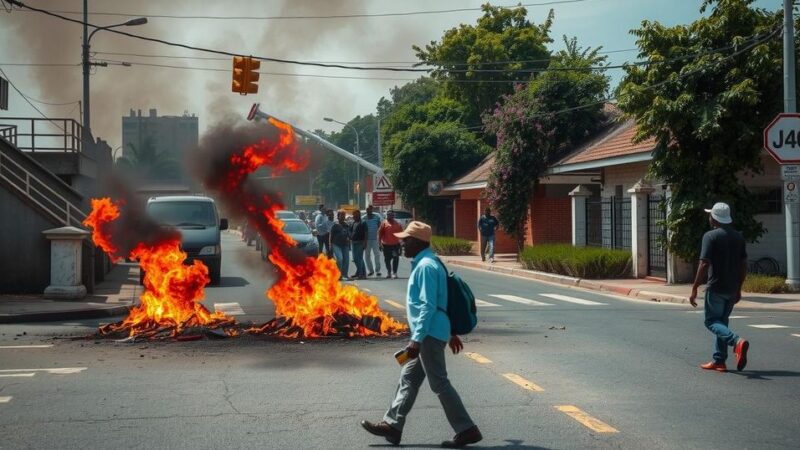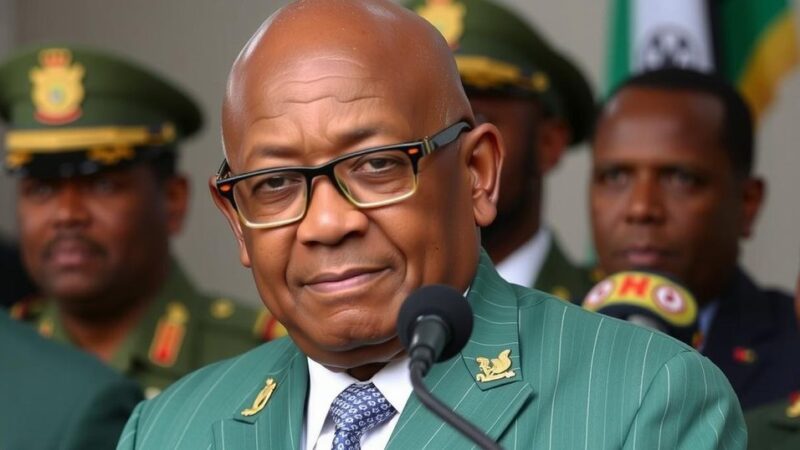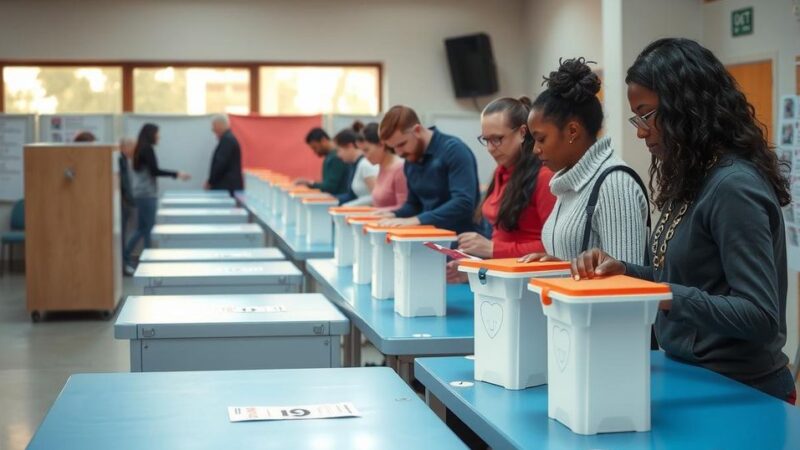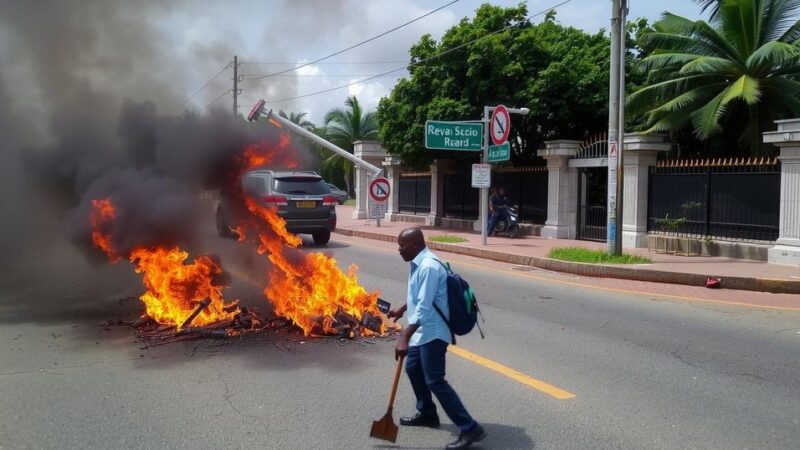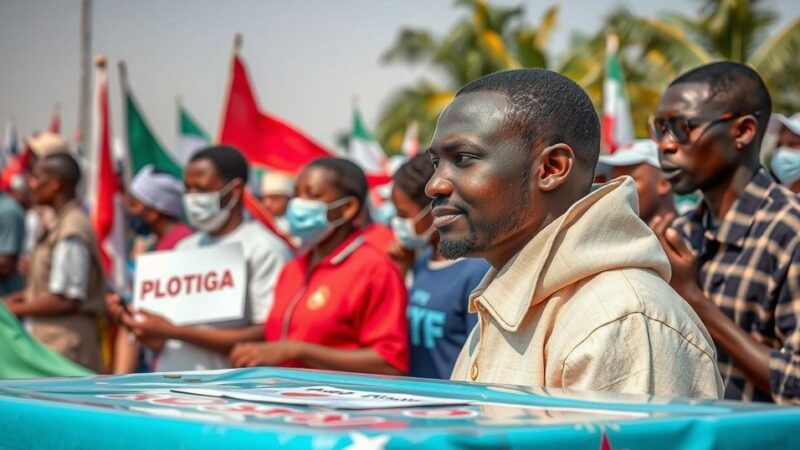Five significant elections to watch in 2025 include Belarus, Germany, the Philippines, Canada, and Chile, each reflecting unique political dynamics and potential consequences. Key concerns impacting these elections involve inflation, populism, and broader geopolitical conflicts, making them critical for both national and global implications.
As the global political landscape evolves, several key elections are scheduled for 2025 that warrant close attention. Voters will participate in significant elections in Belarus, Germany, the Philippines, Canada, and Chile, each with critical implications for their respective nations and the broader international context. Key themes for these elections include the impact of inflation, the rise of populist sentiment, and the ongoing ramifications of geopolitical conflicts.
In Belarus, scheduled for January 26, President Alexander Lukashenko will run for his seventh term amidst an environment of no genuine opposition. Repression has escalated since the 2020 protests against alleged election fraud, limiting the scope for fair electoral competition.
On February 23, Germany will hold early federal elections amidst a governmental collapse, as Chancellor Olaf Scholz navigates internal party strife and unfavorable economic conditions. This election will be pivotal in determining Germany’s response to global challenges, including tensions with Russia and trade competition from China.
The Philippines will conduct its midterm elections on May 12, focusing on the senatorial races, which historically reflect the incumbent president’s influence over political machinery. President Ferdinand Marcos Jr. needs a dominant performance to solidify his power amid emerging tensions with Vice President Sara Duterte.
Moving north to Canada, it appears likely that a federal election will occur before the constitutionally mandated deadline of October 20. Prime Minister Justin Trudeau faces declining popularity and potential shifts in power, particularly concerning the rise of Conservative leader Pierre Poilievre amid public discontent over inflation.
Finally, on November 16, Chile will hold its presidential election, potentially leading to a runoff given its electoral rules. Current President Gabriel Boric cannot seek reelection, and the political landscape remains fraught with challenges, including the implications of two failed constitutional proposals and rising crime rates affecting voter sentiment.
The upcoming elections in 2025 across several countries are poised to be significant due to their potential to alter national governments and reflect changing political ideologies. Each election is shaped by unique circumstances, from authoritarian regimes resisting change to established democracies grappling with populism and economic pressures. As nations confront the consequences of inflation and global conflicts, the electoral outcomes may have profound effects on regional and global stability.
In summary, the 2025 elections in Belarus, Germany, the Philippines, Canada, and Chile are set against backdrops of political tension, economic challenges, and significant societal issues. The outcomes of these elections will likely influence the respective nations’ future directions and can serve as indicators of broader global trends in governance, public sentiment, and international relations. Stakeholders and observers should keep a close watch on these developments as they unfold.
Original Source: theconversation.com


